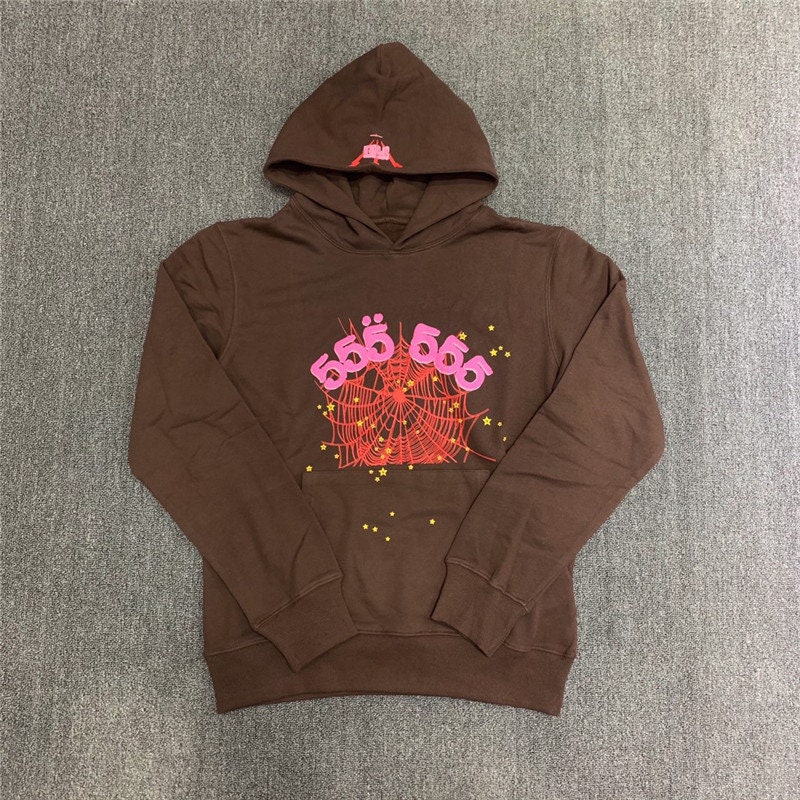The Rise of Streetwear T-Shirts in Fashion
Streetwear t-shirts have become a major player in the fashion industry. With their casual yet stylish appeal, these t-shirts have captured the attention of fashion enthusiasts everywhere. Once a niche market, streetwear now holds a significant presence, bridging the gap between comfort and trendiness. What sets these tees apart is their versatile nature. They seamlessly pair with jeans, skirts, or shorts, making them a wardrobe essential for many. Brands are constantly innovating, offering bold graphics and creative designs that speak to individuality. The rise of social media platforms has further boosted their popularity, as influencers and celebrities continue to showcase their unique looks. This trend isn’t just about clothing; it reflects a culture, an expression of urban life and personal style. Quality fabrics and sustainable practices are becoming more common, aligning with consumer demands for eco-friendly products. Streetwear t-shirts are no longer confined to casual outings; they easily transition to more formal settings when styled right. This shift has led to a diverse audience embracing the trend, challenging traditional fashion norms. With global influences and cross-cultural appeal, streetwear t-shirts aren’t just a passing fad, they’re a staple that’s here to stay.
Challenges in Streetwear T-Shirt Sustainability
Streetwear t-shirts face hurdles in achieving sustainability. One major issue is the choice of materials. Many brands rely on conventional cotton or synthetic fibers, which have high environmental impact. Shifting to organic cotton or recycled materials is crucial but can be costly and affect production scales. Furthermore, the fast fashion cycle prompts overproduction, leading to excessive waste. Consumers’ demand for new designs drives brands to produce frequently, often resulting in unsold inventory. Sustainable practices like adopting slower production processes can help, yet they challenge profit margins. Moreover, supply chain transparency is another obstacle. Ensuring ethical labor practices and scrutinizing every production step demand resources and commitment. While many are willing to pay more for eco-friendly options, others prioritize affordability, making it difficult to balance costs and eco-friendly initiatives. Lastly, educating consumers on the benefits of sustainable streetwear t-shirts becomes vital to change purchasing habits. Information campaigns and clear labeling can guide shoppers toward mindful choices, fostering a more sustainable future in streetwear fashion.

Innovations Leading Sustainable Streetwear
Streetwear fashion evolves with a focus on sustainable practices. Innovative materials transform how streetwear t-shirts are crafted. Brands now use organic cotton that conserves water and reduces harmful pesticides, offering a softer touch and longer-lasting wear. Recycled fabrics gain traction, turning plastic waste into stylish apparel. Such fabric choices minimize environmental impact and promote responsible production. Eco-friendly dyes replace traditional ones, ensuring reduced water contamination. Modern designs incorporate biodegradable elements, aligning with eco-conscious consumer values. Additionally, some shirts feature plant-based dyes, enhancing their appeal while maintaining vibrant colors. These changes drive the demand for sustainable options, with companies now adopting transparent manufacturing processes. Informative labeling on t-shirts highlights these efforts, allowing consumers to make better choices. As a result, streetwear enthusiasts enjoy high-quality fashion with reduced ecological footprints. This shift towards green practices not only benefits the environment but also attracts a more aware audience. Sustainable streetwear t-shirts prove that style and responsibility can go hand in hand. As the fashion industry moves forward, such innovations bring a refreshing perspective, reinforcing the sustainable ethos without compromising on aesthetic value.
Consumer Demand for Eco-Friendly Streetwear
Streetwear t-shirts have seen a surge in demand for sustainable options. This change stems from consumers who prioritize both trendy looks and environmental responsibility. Brands now focus on organic cotton and recycled materials, reducing their environmental footprint while appealing to eco-conscious fashion lovers. A growing awareness of ethical manufacturing practices influences buying decisions, with customers preferring transparent supply chains. The commitment to lower waste and water usage is becoming a standard expectation in the apparel industry. Limited edition drops of eco-friendly designs create a unique appeal, fostering a sense of exclusivity among enthusiasts. These factors drive the shift towards tees that balance style with sustainability. As demand rises, innovation in fabric technology opens more possibilities for green fashion solutions. Consumers and brands aim to address climate concerns together, creating a market that values quality over quantity. The emphasis on sustainable streetwear ensures that dressing fashionably doesn’t compromise environmental values, fostering a new era of garment choices.
The Role of Technology in Sustainable Fashion
Advancements in technology are playing a pivotal role in creating sustainable streetwear t-shirts. New processes in fabric production reduce waste, saving both resources and energy. Innovations like 3D knitting ensure each piece is crafted with precision, minimizing excess material. Moreover, technology aids in developing eco-friendly dyes that protect the environment, making bold graphics on streetwear shirts safer for the planet.
Digital design tools allow for accurate prototypes, cutting down physical samples that often end up in landfills. This tech-driven approach helps brands adapt quickly to consumer demands, curbing overproduction. Online platforms also provide consumers access to information about the origin and impact of their clothing choices. Embracing these practices means streetwear t-shirts are fashionable and contribute positively towards environmental goals.
